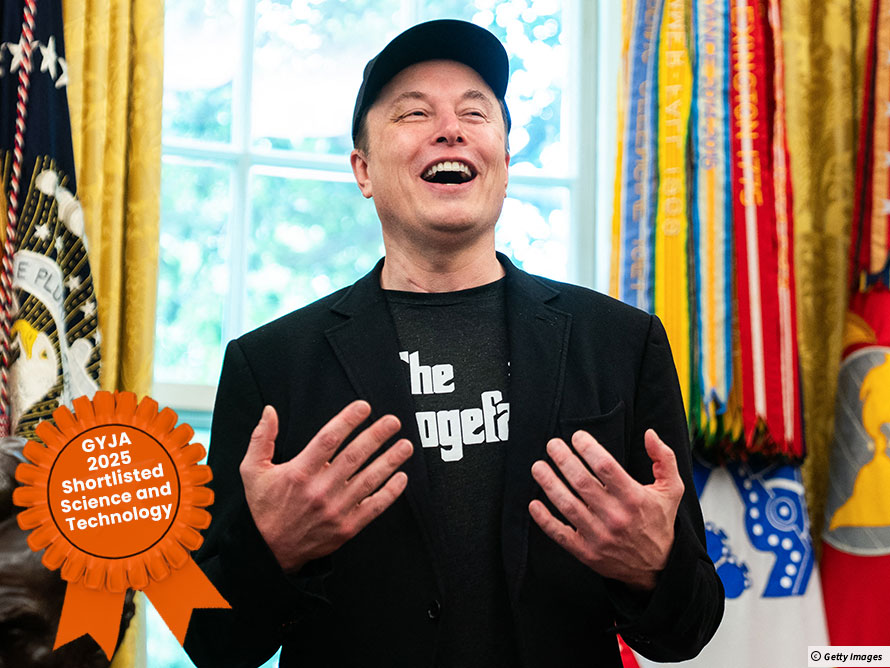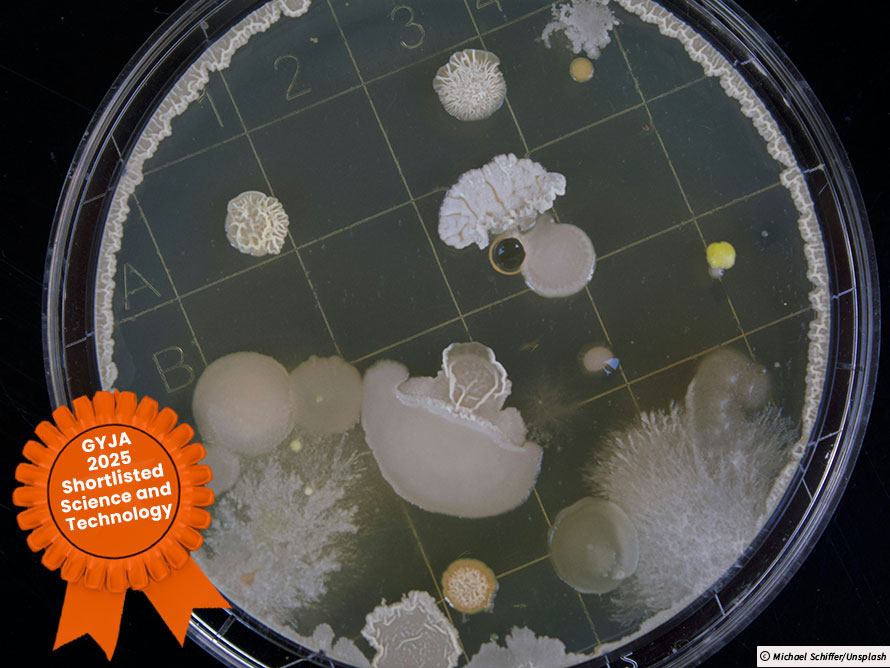The average American teenager spends the equivalent of a full working-week on their phones. Camila Saldarriaga Tamayo, 16, from The American School Foundation, Mexico, says the time to stop scrolling is now.
“I can’t concentrate”… and my phone is right next to me, looking at me so I grab it and scroll through social media for another 40 minutes.
“I can’t concentrate”… I’ve been sitting for two hours trying to figure out how to write this article and every two minutes, my attention span is over.
“I can’t concentrate”… a phrase most teenagers have probably said over 50 times now that social media is a core part of our lives. And that’s the problem.
While social media is a fun distraction to enjoy without leaving the comfort of your bed, it’s damaging your brain and you don’t even notice it. The problem with social media is that it is addicting. You can’t leave your phone alone without having that “daily” scroll on Instagram or TikTok. In fact, according to Stanford Medicine, the release of dopamineA hormone and neurotransmitter that plays several important roles in the brain and body, providing us with positive sensations, rewarding us for evolutionarily good behaviours like eating food., a hormoneChemicals carried in the bloodstream that alter the way your body’s systems act. responsible for feelings of pleasure and satisfaction, is to blame for the addictive nature of social media.1 What keeps us going through our day is the connections and interactions we have with other people. Humans seek connections, and social media accomplishes that effortlessly.
Today, likes, comments and shares form part of this easy connectivity and reward system. When you use these apps, your brain releases dopamine, which amplifies the pleasure and satisfaction you feel — and these feelings are addictive.
This dopamine-driven pleasure keeps us scrolling for hours without even noticing it, further emphasising how studies have proven that social media is also responsible for you constantly saying “I can’t concentrate”. High school students have experienced a decay in their attention span, and it is all thanks to the rise of social media. “Social media platforms like TikTok and Instagram are designed to make our brains adapt to only receiving small and short forms of media at once,” writes student Tessa Nussenbaum in The Standard — ASL. “According to research conducted by Microsoft, we have a shorter attention span than a goldfish. That is less than nine seconds”.2 We are so used to watching 30-second videos and then switching to another topic that when it is time for us to concentrate on something else for longer than five minutes, we simply feel stuck.
The longest TikTok video I’ve ever seen is at most five minutes, and even then, I’m scrolling through the comments to feel more entertained. It’s already a basic routine. The reality is that, according to the University of Minnesota, “95% of teens have access to a smartphone and 45% say they are online ‘almost constantly’”.3 Social media and the usage of phones are already an integral part of our lives, so what is left to do?
Think about what you first did today when you woke up. If you thought: look through my phone, that’s the problem. If you said something else, I applaud you, you’re doing everything right. If you said look through your phone, there are some things you should do.
First, turn off those never-ending notifications. I recently turned off notifications from Snapchat, Instagram, and TikTok, and I haven’t looked at my phone at all. Now, the main problem is when we keep our phones right next to us when we’re doing something else and we are tempted to turn it on and keep scrolling. If you’re doing something without your phone DO NOT HAVE IT NEXT TO YOU! Put it somewhere else, and since our attention span is so damaged, we’ll probably forget where we put it.
It’s important to acknowledge that social media is doing something damaging to us. Turn it off and do something about it. In a world where social media is a prominent part of our lives, choosing to focus on our health is a step closer to maintaining a healthier lifestyle.
Great! Now that I’ve finished writing this, I can finally scroll through my phone… Oh, wait, no. That’s not right. I’m going to read something, and you should too.
Keywords
Dopamine – A hormone and neurotransmitter that plays several important roles in the brain and body, providing us with positive sensations, rewarding us for evolutionarily good behaviours like eating food.
Hormone – Chemicals carried in the bloodstream that alter the way your body’s systems act.
Cite
While every effort has been made to follow citation style rules, there may be some discrepancies. Please refer to the appropriate style manual or other sources if you have any questions.














